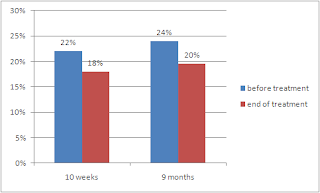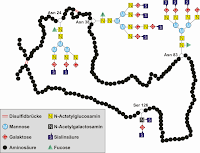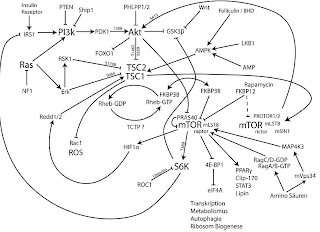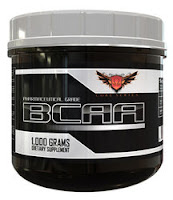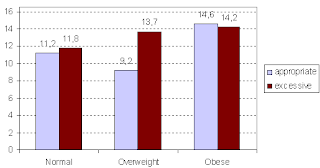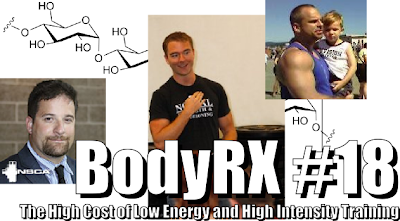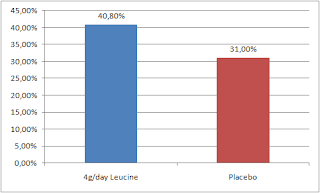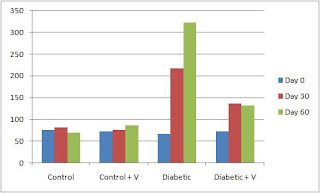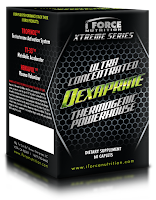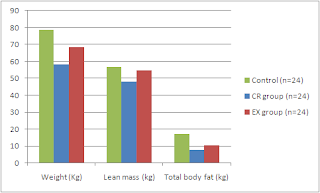The Australian Sugar Paradox: Aussies Get Fatter and Fatter Despite Decreasing Sugar Consumption

Those of you who follow the publications in the field of nutrition in general and the issue of carbohydrate (over-)feeding, in particular, will be familiar with the fact that sucrose consumption in the US, Europe and Australia has been decreasing over the last 30 years (US: -23%; UK: -19%; AUS: -23%). At the same time, however, the amount of fructose US citizens consume in the form of syrups and high fructose corn syrup, in particular, increased by +23%. And people are becoming more and more aware that this very shift from a readily oxidized form of sugar to a sugar (fructose) that must be processed into triglycerides by the liver, before eventually being available as a substrate, could well be at the heart of the exponential increase in the number of overweight and severely overweight individuals in the US. The "Australian Paradox": Despite decreasing sugar consumption these two may soon be the only normal weight inhabitants of the Australian Continent. The "Aust...
